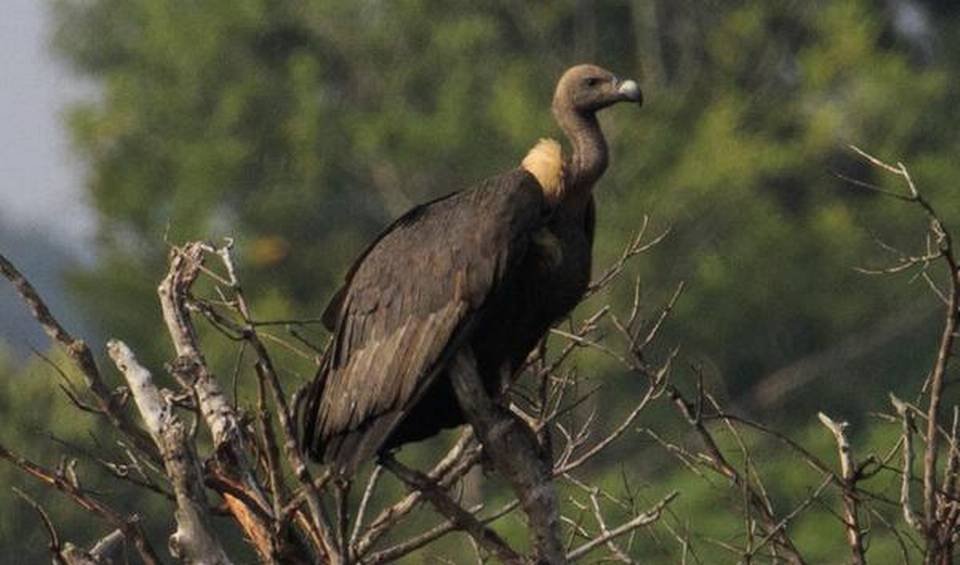



The Centre plans to regulate the sale of veterinary non-steroidal anti-inflammatory drugs (NSAIDs) that lead to death of vultures, by allowing their disbursal only on prescriptions and the treatment of livestock by qualified veterinarians. It is one of the major objectives of the “Action Plan for Vulture Conservation 2020-2025” released by the Ministry of Environment and Forests on Monday.
Veterinary NSAIDs are known to poison the principal food of vultures, cattle carcasses. Diclofenac, a painkiller used to treat cattle and linked to a decline in the vulture population, was banned in 2006. However, it is still available in the market for veterinary use. The overdosing of cattle with painkillers, easy availability of such drugs across the counter and their misuse complicate the vulture conservation efforts. Other objectives of the action plan include safety testing of the available molecules of veterinary NSAIDs on vultures. “The new molecules should be introduced in the market only after they are proved to be safe following safety testing on vultures,” the plan read. It also calls for a system that automatically removes a drug from veterinary use if it is found to be toxic to vultures. Such a system would ensure that drugs other than Diclofenac that are toxic to vultures like Aceclofenac and Ketoprofen are banned for veterinary use. The action plan also stressed the need to establish additional conservation centres in the country. Currently, there are eight such centres in different parts of the country. While the primary focus of these centres is the breeding of vultures, they also serve as vulture conservation centres.
- A conservation-breeding programme will be launched for the red-headed vulture and the Egyptian vulture, as their numbers have crashed by over 80 per cent over the years. At least one “Vulture Safe Zone” will be set up in every state for the conservation of the remaining populations. Four rescue centres have been proposed for different geographical areas: Pinjore in the north Bhopal in central India Guwahati in the northeast Hyderabad in south India Vultures were very common in India till the 1980s. During this period, the total population of the three resident Gyps species — the oriental white-backed vulture (Gyps bengalensis), the long-billed vulture (G. indicus) and the slender-billed vulture (G. tenuirostris) — in the country was estimated to be four crore. The overall population, however, crashed by over 90% during the mid-1990s and 99% of the three Gyps species was wiped out by 2007.